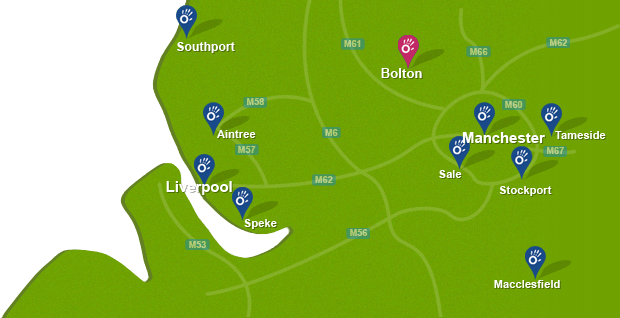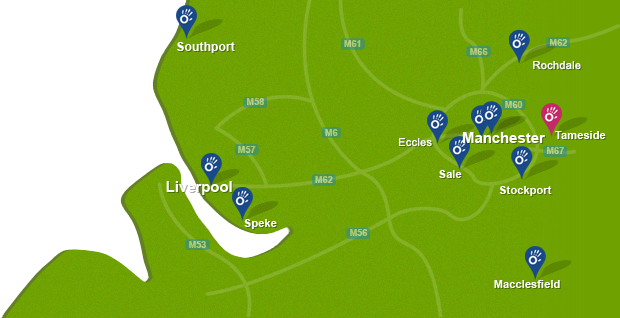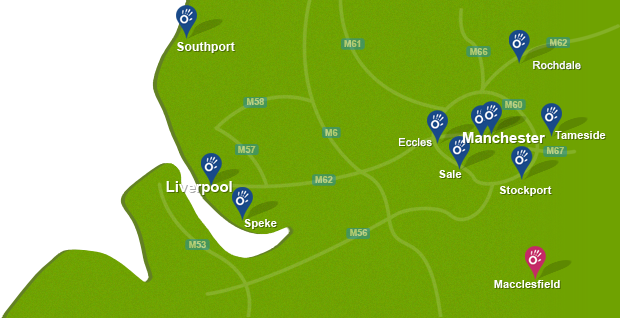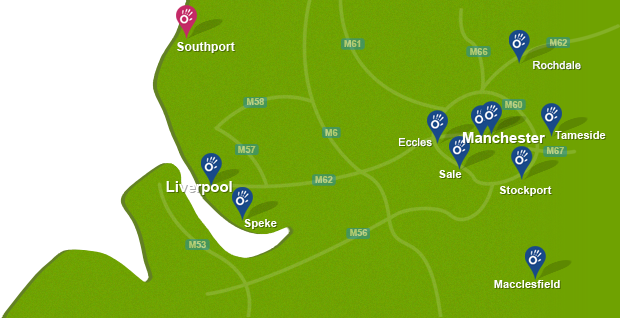What is Ischiogluteal bursitis?
Ischiogluteal bursitis is inflammation to the ischiogluteal bursa at the base of the pelvis, causing pain and reduced activity. The ischiogluteal bursa is a small sac filled with lubricating fluid to reduce friction between adjacent soft tissue layer and lies between the hamstring tendon and the pelvis.
 Above: Deep tissue massage of the gluteus maximus muscle by specialist therapist
Above: Deep tissue massage of the gluteus maximus muscle by specialist therapistWhat causes Ischiogluteal bursitis?
Ischiogluteal bursitis is commonly caused by repetitive or prolonged activities placing strain on the ischiogluteal bursa such as prolonged sitting or repetitive running, jumping or kicking activities. Ischiogluteal bursitis can also be caused by direct trauma such as a fall on a hard surface.
What are the symptoms/effects of Ischiogluteal bursitis?
The main symptom of ischiogluteal bursitis is pain in the lower buttock. This pain is often aggravated by sitting for long periods walking, running, jumping, kicking or climbing stairs.
Diagnosis of Ischiogluteal bursitis
Diagnosis of ischiogluteal bursitis can be made by a physiotherapist or doctor following a thorough subjective and objective examination.
 Above: Deep tissue massage of the gluteus maximus muscle by specialist therapist
Above: Deep tissue massage of the gluteus maximus muscle by specialist therapistPhysiotherapy for Ischiogluteal bursitis
Physiotherapy treatment should commence as soon as possible for a speedy recovery and return to sporting and everyday activities.
Physiotherapy will reduce pain and increase muscle strength and flexibility of the surrounding muscles to ensure an optimal outcome.
Your rehabilitation program will be tailored to you but may involve:
- Soft tissue massage of the muscles in the surrounding area to reduce pain and stiffness
- Ultrasound to promote healing
- Muscle stretching to release tension
- Joint mobilisation
- Ice or heat treatment
- Progressive exercises for the hip, buttocks and legs to improve strength and flexibility
- Advice about how to modify activity
- Sport specific exercises emphasising a gradual return to activity.
 Above: Deep tissue massage of the piriformis and gluteus maximus muscle by specialist therapist
Above: Deep tissue massage of the piriformis and gluteus maximus muscle by specialist therapistPhysiotherapy treatment at Manchester Physio will significantly increase your recovery time and prevent the likelihood of it happening again.
Your physiotherapist at Manchester Physio will support you through a progressive treatment program and advise you which exercises are most appropriate for you for the best possible recovery and success in the long term.
 Above: Strengthening exercises for the gluteus muscles supervised by a therapist
Above: Strengthening exercises for the gluteus muscles supervised by a therapistFor more information about how physiotherapy can help you, or to book an appointment please call 0161 883 0077.


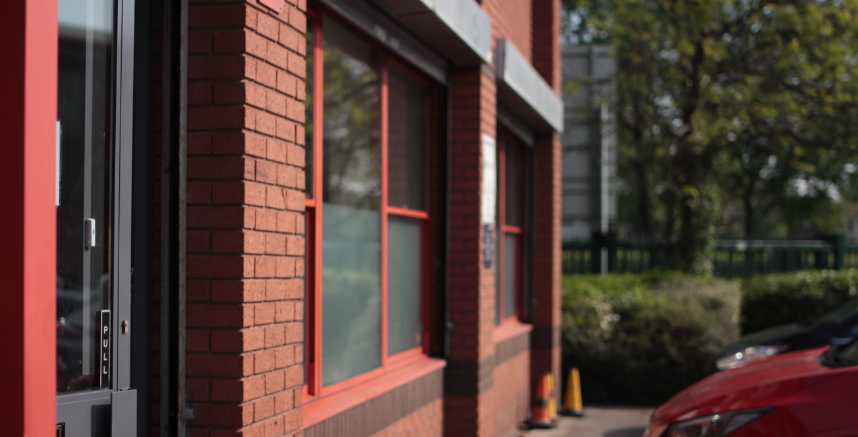
 0161 883 0077
0161 883 0077






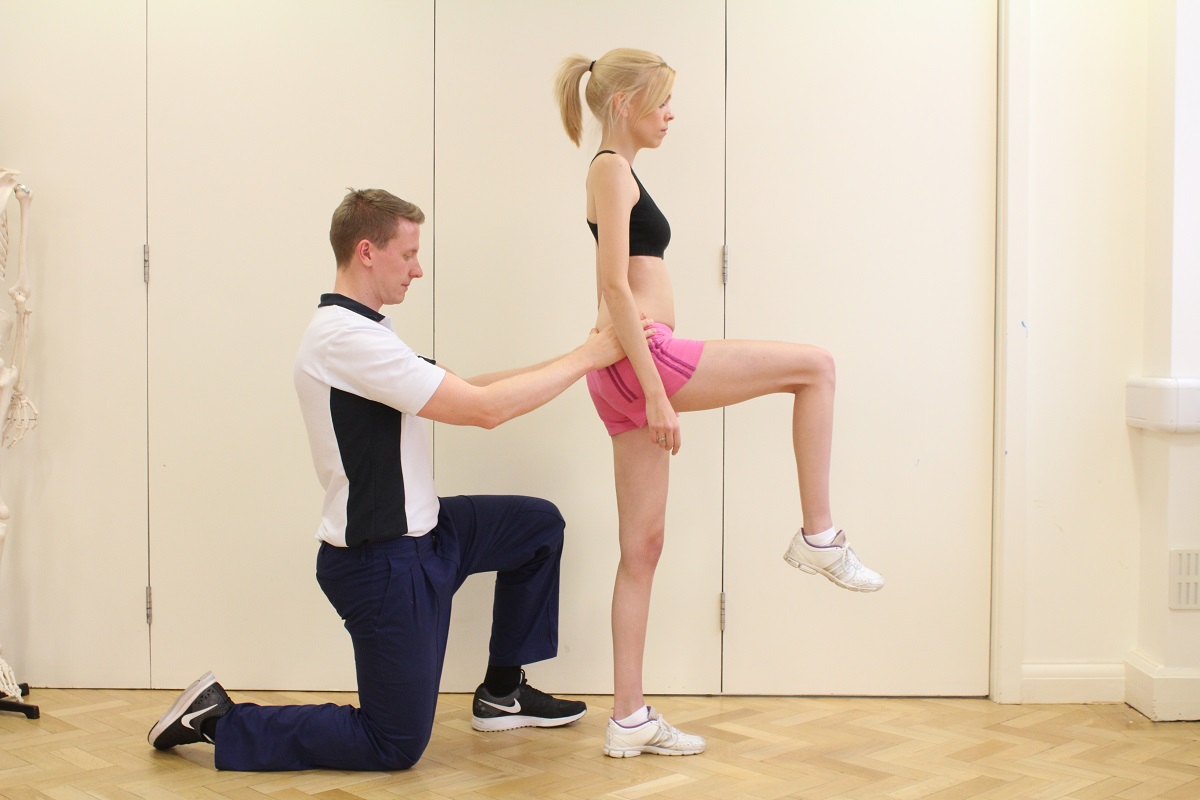
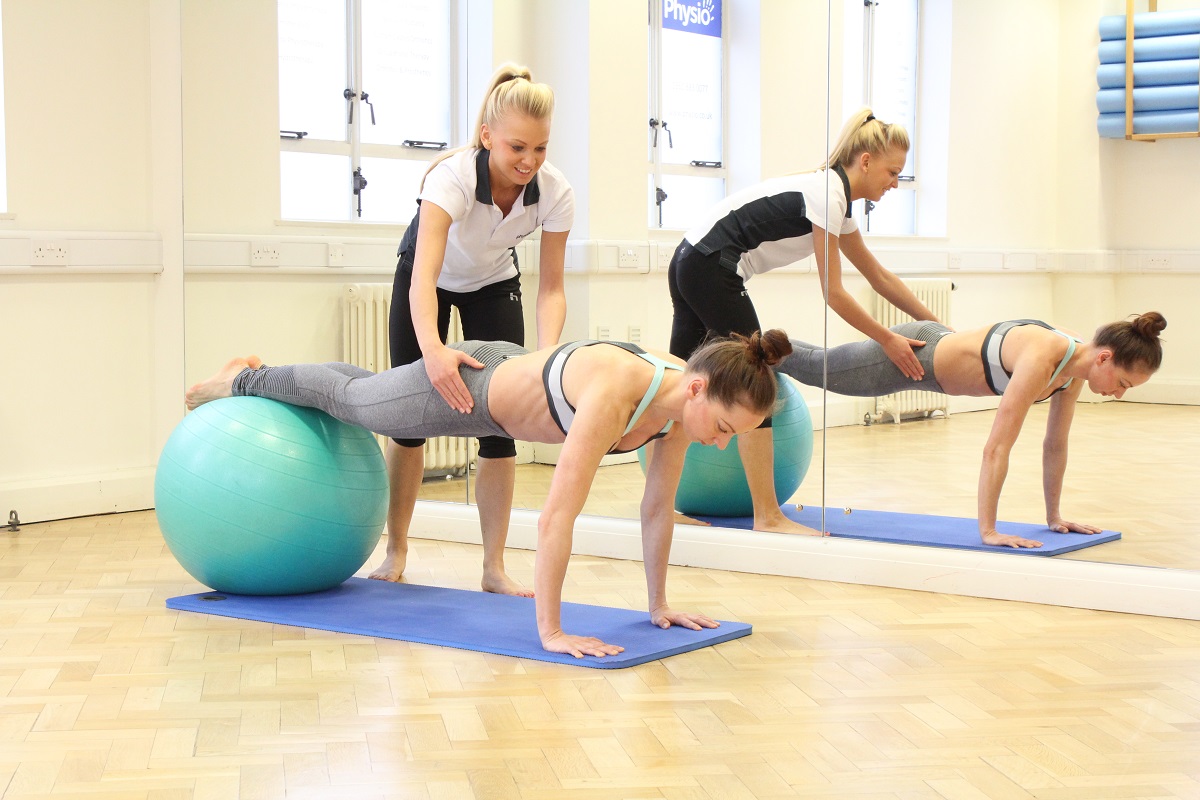
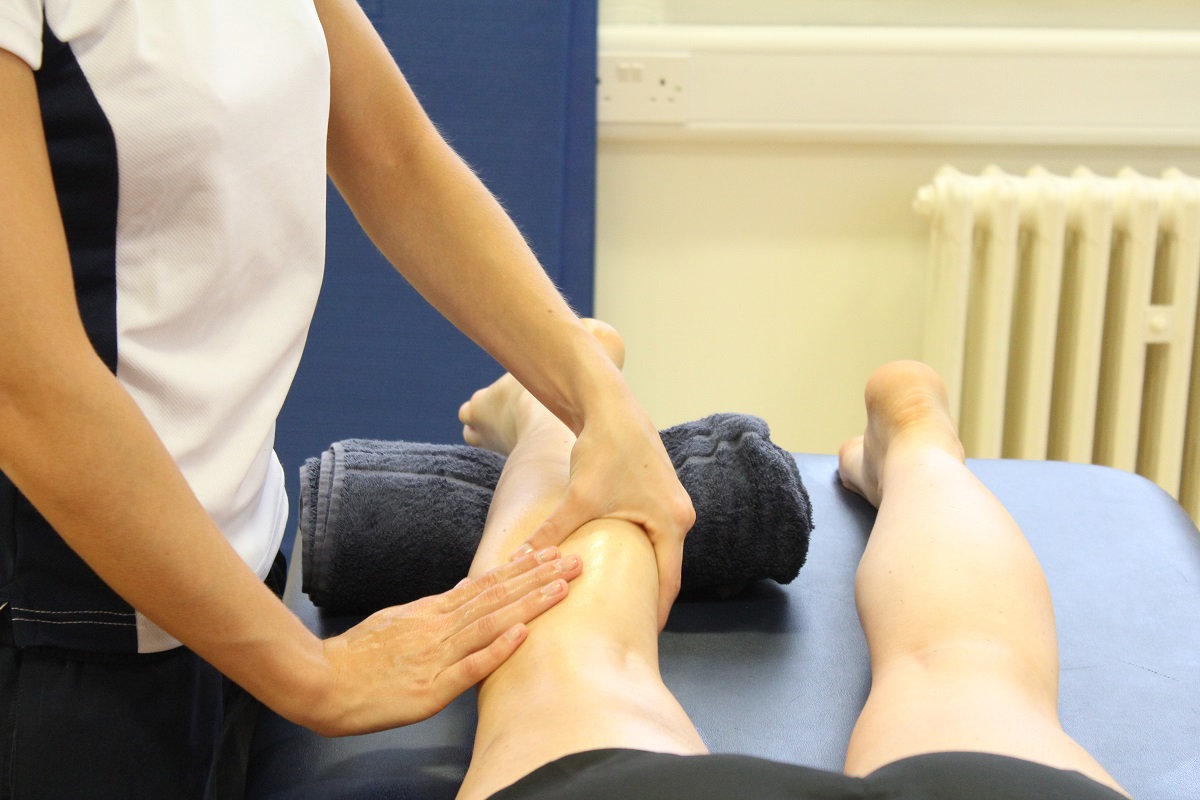
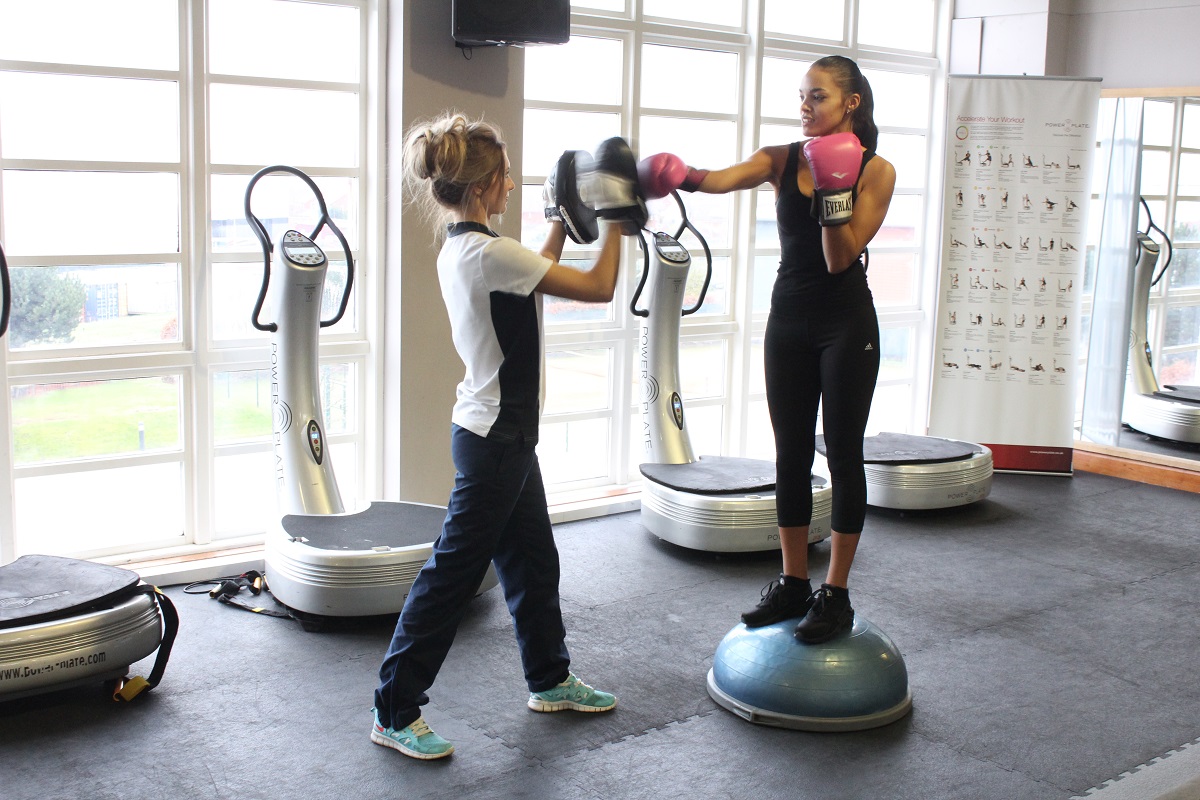


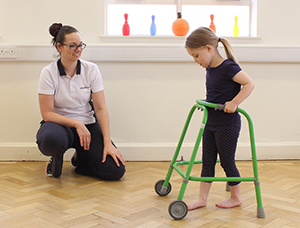
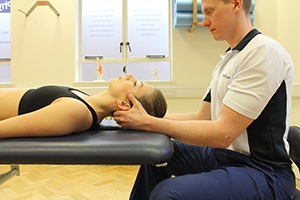






























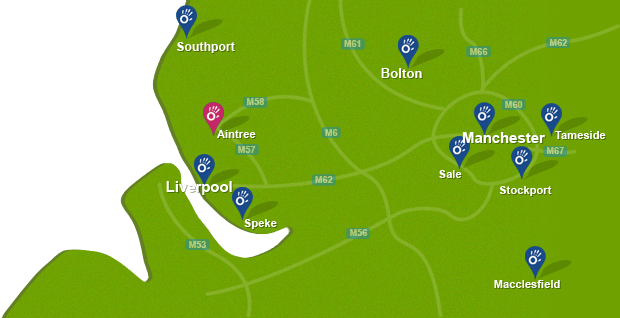

 f
f
